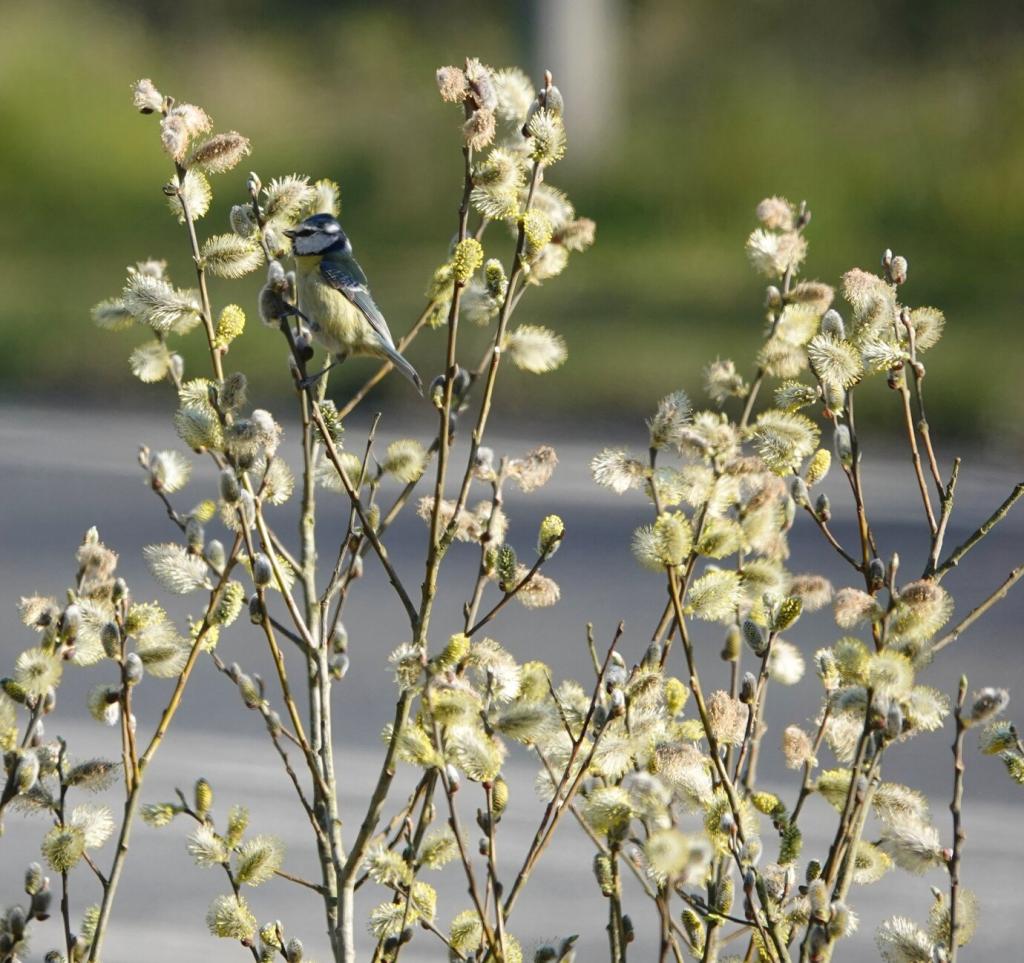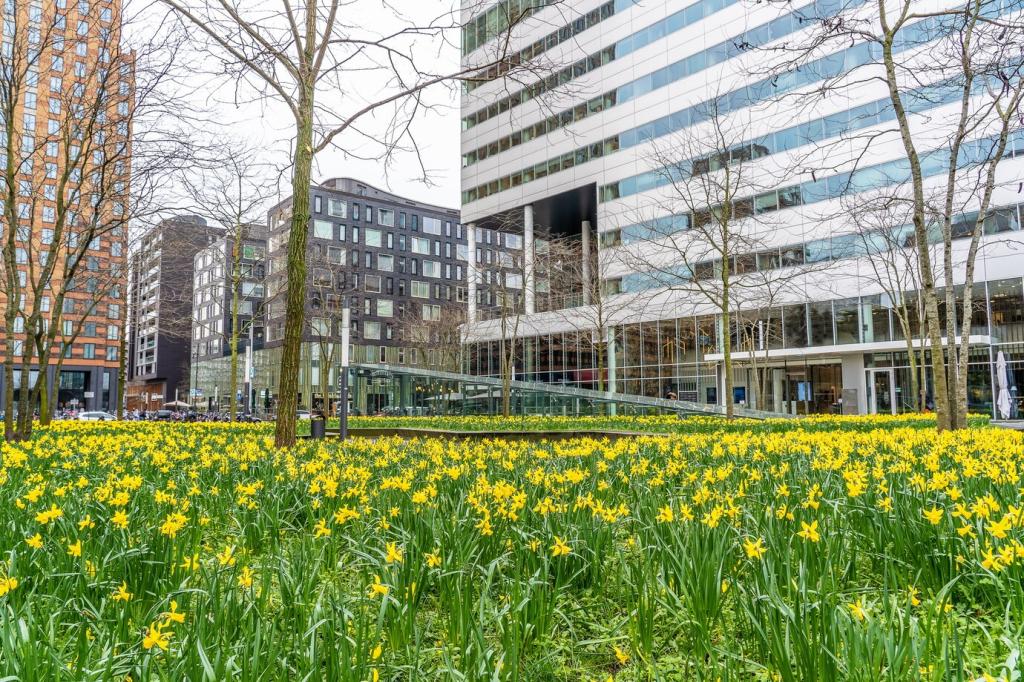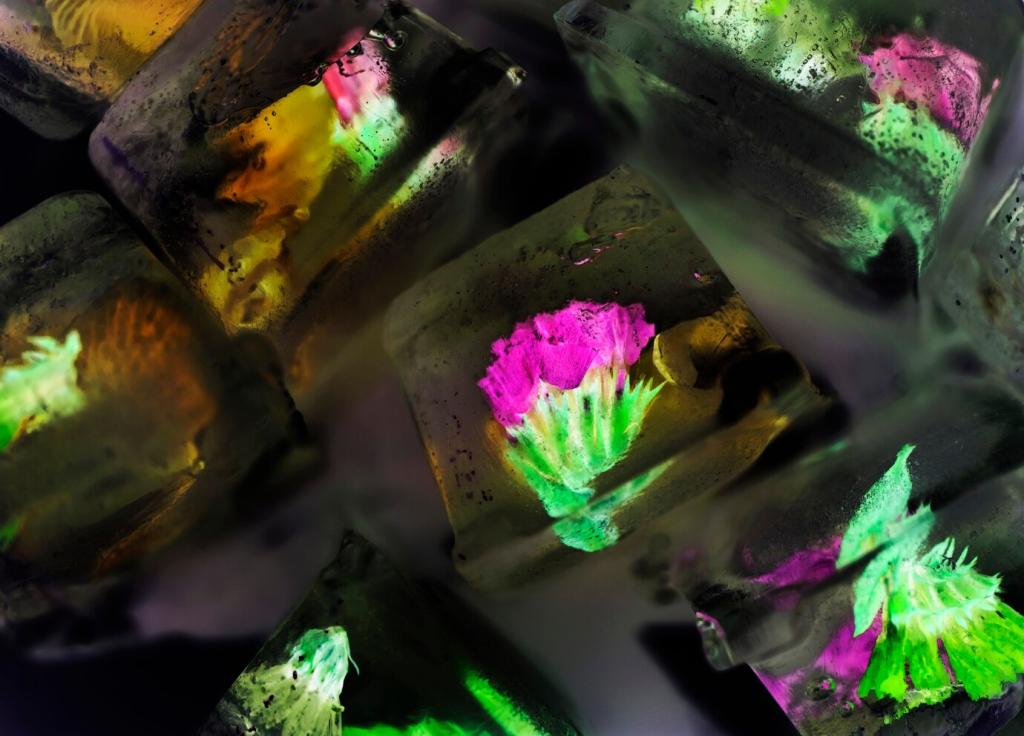
Urban Beekeeping: Enhancing Community Well-being
Urban beekeeping is gaining momentum as communities seek innovative ways to support sustainable living, boost local ecosystems, and promote wellness among residents. The presence of bees in city environments not only aids in pollination but strengthens community bonds, educates city dwellers about biodiversity, and provides opportunities for environmental stewardship. This page explores the many facets of urban beekeeping and demonstrates its profound impact on community well-being.
The Rise of Urban Beekeeping
Increased Popularity in Cities
In recent years, cities around the world have embraced beekeeping as a viable hobby and environmental intervention. More urbanites are recognizing the essential role bees play in pollinating urban flora, from vegetable gardens to ornamental plants. This trend reflects a shift in urban living, as residents look for ways to reconnect with nature amid the bustle of city life. By establishing hives on balconies, rooftops, and community gardens, city dwellers contribute directly to the health of the local ecosystem. Urban beekeeping organizations and workshops have proliferated, providing the support and knowledge necessary to foster responsible and sustainable practices.
Evolving Urban Landscapes
Urban beekeeping is transforming city landscapes. What were once unused rooftops and small patches of green space now serve as thriving hubs of pollinator activity. This change demonstrates how urban environments can be reimagined to accommodate both people and wildlife. The integration of hives contributes to the greening of cities, not only aesthetically but functionally, as bees support the vitality of urban gardens and parks. Innovative design approaches, such as rooftop apiaries, showcase the potential for coexistence and mutual benefit in compact urban areas.
Navigating Regulatory Challenges
While urban beekeeping offers many benefits, it is subject to various regulations that balance public safety and ecological advantage. Cities often require beekeepers to adhere to specific guidelines regarding hive placement, colony management, and swarm prevention. These regulations are essential in building trust with neighbors and ensuring the well-being of both bees and residents. Advocacy groups and local authorities work together to update and clarify these rules, making urban beekeeping accessible while maintaining community harmony.
Environmental Benefits of Urban Beekeeping
One of the most profound impacts of urban beekeeping is the enhancement of local biodiversity. By introducing hives to cities, beekeepers create an environment in which not only bees but a host of other pollinators can thrive. Bees support the reproduction of a wide variety of plants, leading to the proliferation of flowers, fruits, and seeds that might otherwise struggle in the urban setting. Their activity invites birds, butterflies, and other beneficial insects, creating a richer, more varied urban ecosystem. As a result, city environments are no longer seen solely as concrete jungles but as living landscapes teeming with diverse species.

Health and Wellness Impacts
01
Boosting Mental Health
Interaction with bees and nature plays a powerful role in reducing stress and enhancing mental health. Urban beekeeping offers a meditative, mindful activity that connects individuals to the rhythms of the natural world, even amidst a busy city. Studies have shown that hands-on experiences with nature, such as tending hives, can lower anxiety levels and improve mood. Community gardeners who incorporate beekeeping often report a sense of accomplishment and pride, reinforcing feelings of connection and purpose within a larger community.
02
Promoting Physical Activity
The physical tasks involved in urban beekeeping, from setting up hives to maintaining equipment and harvesting honey, provide meaningful exercise. Regular beekeeping activities require lifting, bending, and careful manual work, which can benefit cardiovascular health, flexibility, and motor skills. Moreover, walking to and from urban hives—often situated on rooftops or community plots—encourages residents to spend more time outdoors and engage in healthy movement as part of their routine. In this way, urban beekeeping naturally integrates physical activity into daily life, contributing to overall wellness.
03
Nutritious Offerings from the Hive
Bees are renowned for producing honey, but urban beekeepers also benefit from other hive products like pollen, propolis, and beeswax, each with unique nutritional and medicinal properties. Local honey, in particular, is prized for its antioxidants and potential to alleviate allergies. Consuming these products encourages a more mindful approach to nutrition, with greater appreciation for food origins and seasonal changes. Community access to fresh, unprocessed bee products empowers residents to make healthier dietary choices and deepens their relationship with the urban ecosystem.
Educational Opportunities
01
Bees are natural ambassadors for environmental education, providing a tangible, compelling way to introduce ecological concepts. Through the observation of hive dynamics, bee life cycles, and pollination processes, beekeepers and observers alike develop a keener understanding of urban ecosystems. Educational programs organized by schools, libraries, and community centers often feature urban beekeeping as a hands-on learning activity. These experiences instill a sense of responsibility for the environment and encourage participants to advocate for greener, healthier cities.
02
Urban beekeeping provides a direct link between city dwellers and the food systems that sustain them. By tracking the journey from flower to hive to honey jar, participants gain a heightened awareness of where their food originates and the importance of pollinators in agriculture. These lessons can broaden perspectives on nutrition, food security, and sustainable agriculture. Community apiaries frequently partner with local farms, chefs, and markets, creating opportunities for ongoing education about seasonal cycles and the interconnectedness of urban and rural food networks.
03
Youth engagement in urban beekeeping sparks interest in science, technology, engineering, and mathematics (STEM) subjects through a real-life lens. Monitoring hives, recording observations, and conducting experiments related to bee health and behavior encourage critical thinking and problem-solving skills. School garden programs and youth workshops that include beekeeping demystify insects and foster respect for all living creatures. Such programs are particularly impactful in under-resourced urban neighborhoods, where outdoor learning opportunities can be limited, inspiring the next generation of environmental scientists and advocates.
Previous
Next
Strengthening Social Connections
Establishing and maintaining urban apiaries often requires partnerships between individuals, schools, businesses, and civic organizations. These alliances draw together people from different backgrounds, pooling resources, ideas, and expertise. Community beekeeping projects can strengthen relationships across generations and cultures, providing common ground and shared goals. Residents who might otherwise never interact find themselves united in a collective effort to sustain the hive and enhance the neighborhood, reinforcing social ties that extend beyond the beekeeping project itself.

Entrepreneurial Ventures
As urban beekeeping grows, so do opportunities for cottage industries centered on honey, wax, propolis, and other related products. Artisanal honey, beeswax candles, and personal care items attract local consumers seeking sustainable, locally made goods. Community members collaborate to brand, market, and distribute these products at farmers’ markets, shops, and online platforms. These ventures not only provide supplementary income but also contribute to the local identity and pride, reinforcing the unique character of urban neighborhoods.

Supporting Green Businesses
The establishment of urban beekeeping projects stimulates the growth of ancillary green businesses, from apiary supply shops to educational service providers. Contractors specializing in hive installation, rooftop garden design, and native planting see increased demand, supporting green jobs in the city. This ripple effect encourages the development of environmentally responsible urban infrastructure and further embeds sustainability into the local economy. Green businesses, in turn, often reinvest in community projects, creating a virtuous cycle of economic and ecological renewal.
Overcoming Urban Beekeeping Challenges
Addressing Safety Concerns
The proximity of bees to human populations raises legitimate safety concerns, such as the risk of bee stings and allergic reactions. Responsible urban beekeepers prioritize education, clear signage, and respectful hive placement to minimize these risks. Engaging with neighbors and openly discussing practices helps alleviate fears and fosters a culture of mutual understanding. Comprehensive training equips beekeepers with the skills needed to prevent swarms and keep colonies docile, demonstrating that bees and humans can coexist safely in the city.
Adapting to City Environments
Cities pose unique logistical challenges for beekeepers, from limited green space to pollution and microclimates. Innovative strategies, such as rooftop gardens, vertical planting, and the selection of resilient bee species, allow hives to thrive under urban conditions. Ongoing research and collaboration among urban gardening and beekeeping communities help identify best practices for hive health, water sources, and forage availability. By adapting beekeeping methods to their specific context, urban apiarists maintain productive, healthy colonies year-round.
Building Community Support
Lasting success in urban beekeeping depends on community buy-in, requiring transparency, open communication, and inclusivity. Outreach efforts such as public demonstrations, school visits, and neighborhood meetings help demystify bees and highlight their benefits. Programs that offer shared ownership of hives or invite resident feedback foster a sense of collective responsibility. When the community feels invested in the well-being of local bees, challenges can be addressed collaboratively, ensuring that beekeeping initiatives are welcomed and sustained.

